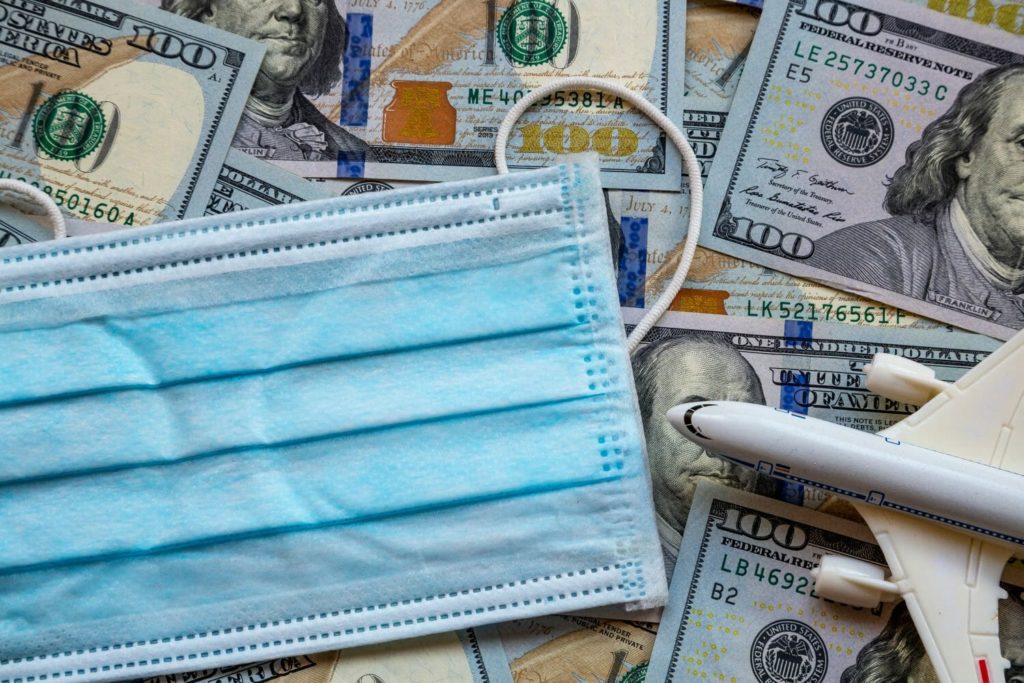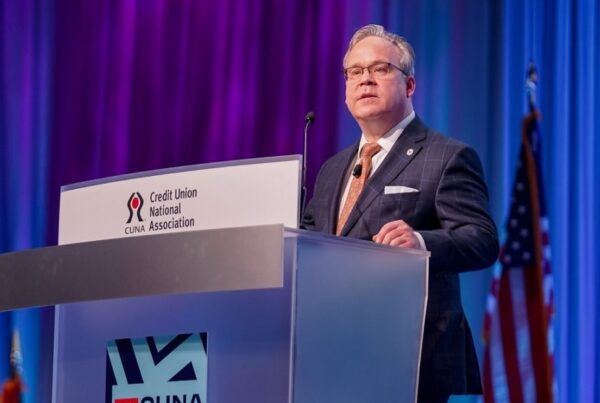American’s financial health is struggling. The Internal Revenue Service’s stimulus checks are long gone and Americans are fighting an internal battle over how to handle the quarantine – do we open up the economy, or ensure the pandemic is under control? Either way, Americans are looking for answers, and with 71 percent of U.S. households considered financially unhealthy even before the peak of the virus infections hit in April, what continues to be a health pandemic is clearly also becoming a financial pandemic. The sad truth is most Americans are not financially prepared to weather this storm.

As such, it’s understandable the U.S. public has shut their wallets and purses at record rates. According to the U.S. Bureau of Economic Analysis, personal savings rates reached 33 percent in April, the highest they have been since the department started tracking them in the 1960s. Spending, meanwhile, declined by a record 13.6 percent for the month, putting Americans’ financial health in an unstable situation.
“There is a tremendous uncertainty and virus fear that is lingering and that is restraining people’s desire to go out and spend as they normally would,” said Gregory Daco, chief U.S. economist at Oxford University.
How To Financially Recover
While saving has always been a step in the right direction towards financial wellness, the key for American households is sustaining that level of discipline regardless of economic conditions. Even in healthy economic periods, Americans reported $667 billion in delinquent debt, and 65 percent of families didn’t have adequate emergency funds.
A lack of financial wellness was a public health epidemic in America before COVID-19 with 71% struggling in at least one aspect of their financial life, according to a 2019 research study conducted by the Financial Health Network. To chalk it up to a lack of financial literacy fails to tell the whole story. In fact, over 180 million Americans are already aware of their money challenges, which explains why 7 out of 10 claim that financial matters remain their most common source of stress, according to U.S. Financial Health Pulse.
In order to establish a successful new era of financial literacy and education initiatives on behalf of U.S. individuals and families, tools and resources need to be made available to them daily. Let’s be honest; people spend a limited amount of time establishing, contributing to, and growing their finances. They need financial help from advisors or mentors who are honest with them about where they are now in their financial wellness, what they need to do to reach their financial health goals, and the financial assets and tools available to get them there.
QCash Financial’s Response
In response to the COVID crisis, QCash Financial has partnered with Payveris to co-sponsor a webinar series, “COVID-19 Impact on the Financial Health of America’s Households,” hosted by Financial Health Network, to provide a forum where financial institution experts and fintechs can gather to share ideas on how to address today’s financial wellness challenge. Viewers will:
- Gain access to the survey data reflecting the current financial health of Americans
- Explore the long-term implications of the pandemic on business strategy
- Hear examples of strategic collaborations and fintech partnerships addressing the holistic financial healthneeds of American households
Simply fill out the form here to gain access to the previously recorded sessions.






